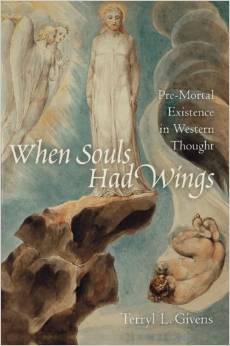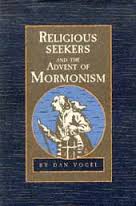Description
The idea of the pre-existence of the soul has been extremely important, widespread, and persistent throughout Western history–from even before the philosophy of Plato to the poetry of Robert Frost.When Souls Had Wings offers the first systematic history of this little explored feature of Western culture.
Terryl Givens describes the tradition of pre-existence as “pre-heaven”–the place where unborn souls wait until they descend to earth to be born. And typically it is seen as a descent–a falling away from a happier and untroubled state into the turbulent and sinful world we know. The title of the book refers to the idea put forward in antiquity that our souls begin with wings, and that only after shedding those wings do we fall to earth. The book not only traces the history of the idea of pre-existence, but also captures its meaning for those who have embraced it. Givens describes how pre-existence has been invoked to explain “the better angels of our nature,” including the human yearning for transcendence and the sublime. Pre-existence has been said to account for why we know what we should not know, whether in the form of a Greek slave’s grasp of mathematics, the moral sense common to humanity, or the human ability to recognize universals. The belief has explained human bonds that seem to have their own mysterious prehistory, salved the wounded sensibility of a host of thinkers who could not otherwise account for the unevenly distributed pain and suffering that are humanity’s common lot, and has been posited by philosophers and theologians alike to salvage the principle of human freedom and accountability.
When Souls had Wings underscores how durable (and controversial) this idea has been throughout the history of Western thought, the theological dangers it has represented, and how prominently it has featured in poetry, literature, and art.




